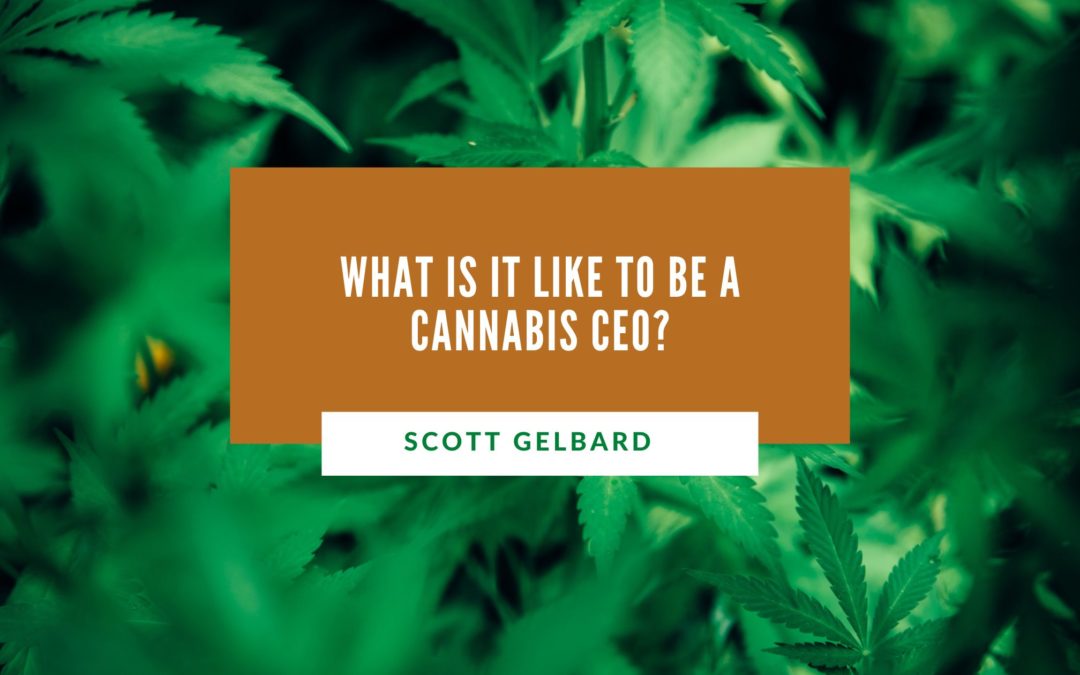The cannabis market is expanding quickly. The U.S. cannabis business earned roughly $10.8 billion in 2021, and from 2022 to 2030, the market is expected to expand by 14.9% per year. Businesses that focus on edibles and vape products are in great demand. There is plenty of opportunity for individuals to create a substantial business opportunity, as creative brains, distinctive goods, and distribution systems will keep moving forward with time. This has inspired a number of CEOs and entrepreneurs to launch their own businesses. Many who have tried have faced the harsh reality that being a cannabis CEO is far from glamorous.
There isn’t a standard cannabis business model to follow since the sector is still developing. This makes it difficult to strike the ideal balance between saving for the future and investing back into the business. A number of companies choose to engage in aggressive product promotion at the beginning but cannot develop their operations afterward due to a lack of funds. Laws, regulations, and licensing requirements exist for the industry, in addition to mountains of unchartered legal territory. As a result, starting a profitable cannabis company is considered a risky and challenging endeavor. One of the biggest obstacles facing prospective cannabis leaders is a lack of funding for new ventures. According to the Controlled Substances Act, marijuana is a Schedule I drug, which means it is considered to have a high potential for abuse, no recognized medical use in treatment in the United States, and no recognized safety for use while being monitored by a doctor.
Cannabis-related businesses exist in many different sizes and types. There are grow operations, dispensaries, distribution centers, transportation enterprises, and technology firms that design software for the dispensaries and high-tech grow facilities. Laboratories are required for analyzing the genetics and strength of cannabis flowers, extractors are required for gathering oils, and continuous research is needed to shed light on the intricacies of using cannabis for medicinal purposes.
Being a cannabis CEO means wearing various hats simultaneously. In addition to being in charge of developing the rules and processes for the firm, a CEO is tasked with strategic planning, daily operations, financial concerns, and marketing. Due to the continuous rapid shifts in the industry, CEOs must also be extremely flexible and able to function in an uncertain environment. Businesses must be structured to scale up or down on the fly. In addition to the hard skills necessary to run a successful business, interpersonal skills are mandatory as well. CEOs must be able to establish and maintain strong relationships with all parties involved, ranging from growers and suppliers to oversight bodies and clientele. What might be deemed appropriate and professional for one group may seem off-putting or insulting to another.

